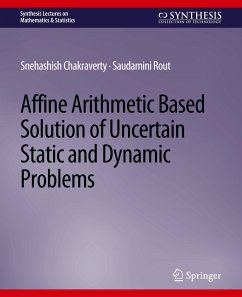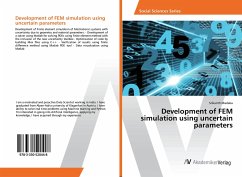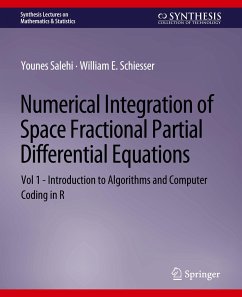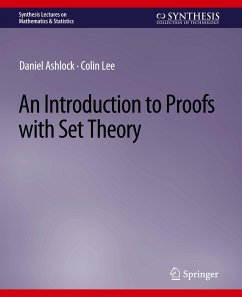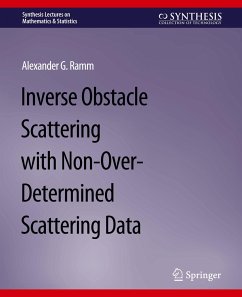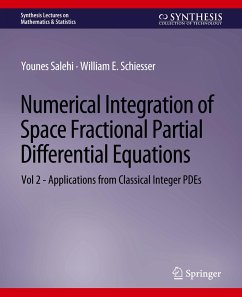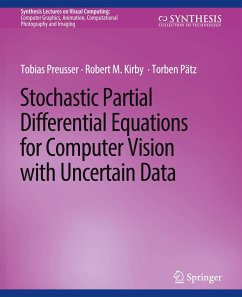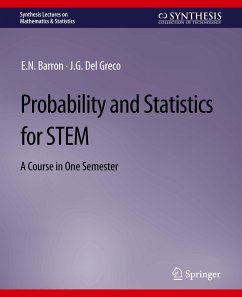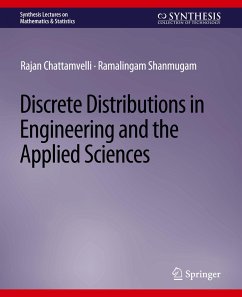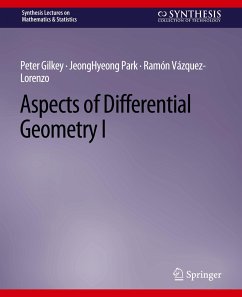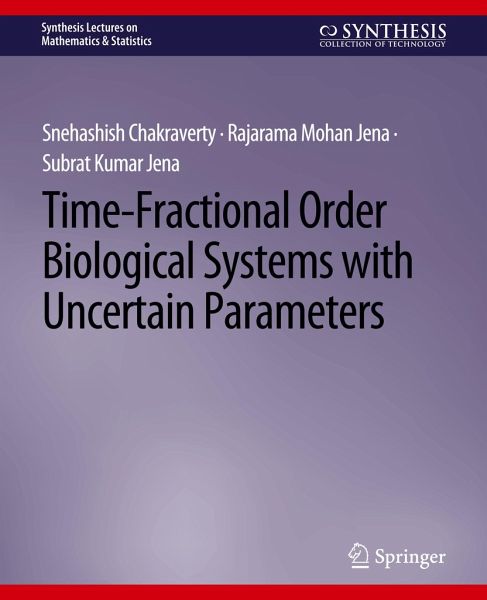
Time-Fractional Order Biological Systems with Uncertain Parameters

PAYBACK Punkte
0 °P sammeln!
The subject of fractional calculus has gained considerable popularity and importance during the past three decades, mainly due to its validated applications in various fields of science and engineering. It is a generalization of ordinary differentiation and integration to arbitrary (non-integer) order. The fractional derivative has been used in various physical problems, such as frequency-dependent damping behavior of structures, biological systems, motion of a plate in a Newtonian fluid, mi controller for the control of dynamical systems, and so on. It is challenging to obtain the solution (b...
The subject of fractional calculus has gained considerable popularity and importance during the past three decades, mainly due to its validated applications in various fields of science and engineering. It is a generalization of ordinary differentiation and integration to arbitrary (non-integer) order. The fractional derivative has been used in various physical problems, such as frequency-dependent damping behavior of structures, biological systems, motion of a plate in a Newtonian fluid, mi controller for the control of dynamical systems, and so on. It is challenging to obtain the solution (both analytical and numerical) of related nonlinear partial differential equations of fractional order. So for the last few decades, a great deal of attention has been directed towards the solution for these kind of problems. Different methods have been developed by other researchers to analyze the above problems with respect to crisp (exact) parameters.
However, in real-lifeapplications such as for biological problems, it is not always possible to get exact values of the associated parameters due to errors in measurements/experiments, observations, and many other errors. Therefore, the associated parameters and variables may be considered uncertain. Here, the uncertainties are considered interval/fuzzy. Therefore, the development of appropriate efficient methods and their use in solving the mentioned uncertain problems are the recent challenge.
In view of the above, this book is a new attempt to rigorously present a variety of fuzzy (and interval) time-fractional dynamical models with respect to different biological systems using computationally efficient method. The authors believe this book will be helpful to undergraduates, graduates, researchers, industry, faculties, and others throughout the globe.
However, in real-lifeapplications such as for biological problems, it is not always possible to get exact values of the associated parameters due to errors in measurements/experiments, observations, and many other errors. Therefore, the associated parameters and variables may be considered uncertain. Here, the uncertainties are considered interval/fuzzy. Therefore, the development of appropriate efficient methods and their use in solving the mentioned uncertain problems are the recent challenge.
In view of the above, this book is a new attempt to rigorously present a variety of fuzzy (and interval) time-fractional dynamical models with respect to different biological systems using computationally efficient method. The authors believe this book will be helpful to undergraduates, graduates, researchers, industry, faculties, and others throughout the globe.





